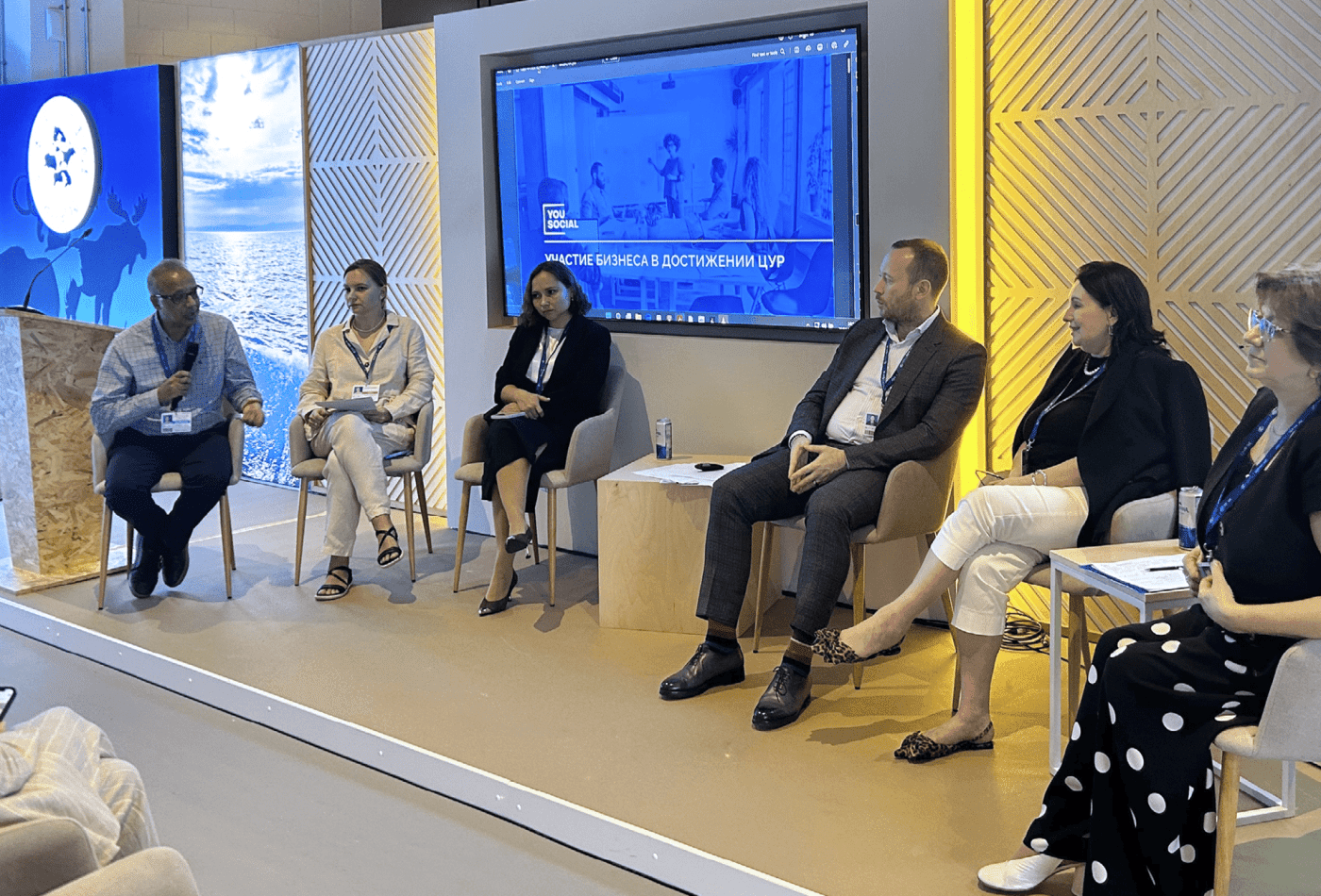Corporate governance framework
The Board of Directors reaffirms the Company’s commitment to the highest standards of corporate governance and will continue to focus closely on health and safety, sustainable development, climate change and other global challenges facing the agricultural industry. PhosAgro’s directors commend the performance of the management team and its contribution to the strong results delivered by the Company in 2023, while also continuing to support the management in implementing the Strategy to 2025.Victor Cherepov Chairman of the Board of Directors of PJSC PhosAgro
Corporate governance principles
PhosAgro’s corporate governance principles, structure, practices and procedures are set forth in its Charter and Corporate Governance Code.
Provisions of the Company’s Corporate Governance Code do not contradict the Corporate Governance Code recommended by the Bank of Russia’s Letter dated 10 April 2014 (the “CGC”) and the UK Corporate Governance Code (UK CGC, FRC, 2018).

Basic principles of the Company’s corporate governance
Sustainable development governance
GRI 2‑12, 2‑13
Our governance framework for sustainable development (SD) relies on a number of internal and external drivers.
Internal drivers
The Company’s mission and values supported by our Corporate Strategy
External drivers
Regulations, stakeholder expectations for the maturity of the Company’s SD governance framework
2023 sustainable development initiatives
GRI 2‑14
Approval of:
- Regulations on Business Presents and Representation Expenses as amended
- External Auditor Selection and Cooperation Policy of PhosAgro as amended
- Transparency statement under the UK Modern Slavery Act as amended
- Tax Strategy of PJSC PhosAgro and other Group Entities as amended
- Charity Policy of PJSC PhosAgro as amended
- List and coverage of sustainability key performance indicators (KPIs) expanded
- Coverage of the automated supplier ESG assessment system expanded
- Joint project with ESG Alliance member partners to harmonise assessment criteria and design a single supplier ESG assessment platform launched

- Strengthening the sustainability management function at the corporate headquarters and the enterprises
- Comprehensive regulations on interaction in preparing non‑financial reporting updated
- Certificates of compliance with requirements of ISO 9001, ISO 14001, ISO 45001, and GMP+ FSA extended
- Preparedness for ISO 50001 certification of our energy management system externally assessed
- Climate and water‑related risks and opportunities identified, assessed and included in the corporate risk register

- Calculation of a number of GRI indicators based on data from the Company’s accounting systems automated
- Participating in major international and Russian events and initiatives hosted by the RSPP, ESG Alliance, UN Global Compact, etc.
- Taking part in the Conference of the Parties (COP28) to the UN Framework Convention on Climate Change for the first time

- The integrated annual report procedure updated and approved
- Global and local ESG ratings and rankings reviewed
- Procedure for the Strategy and Sustainable Development Committee to monitor the Company’s sustainability projects developed
- Reporting in line with GRI, CDP, IFRS, SASB, Bank of Russia, and Ministry of Economic Development recommendations developed
- Non‑financial reporting publicly verified by the Expert Council of the RSPP



